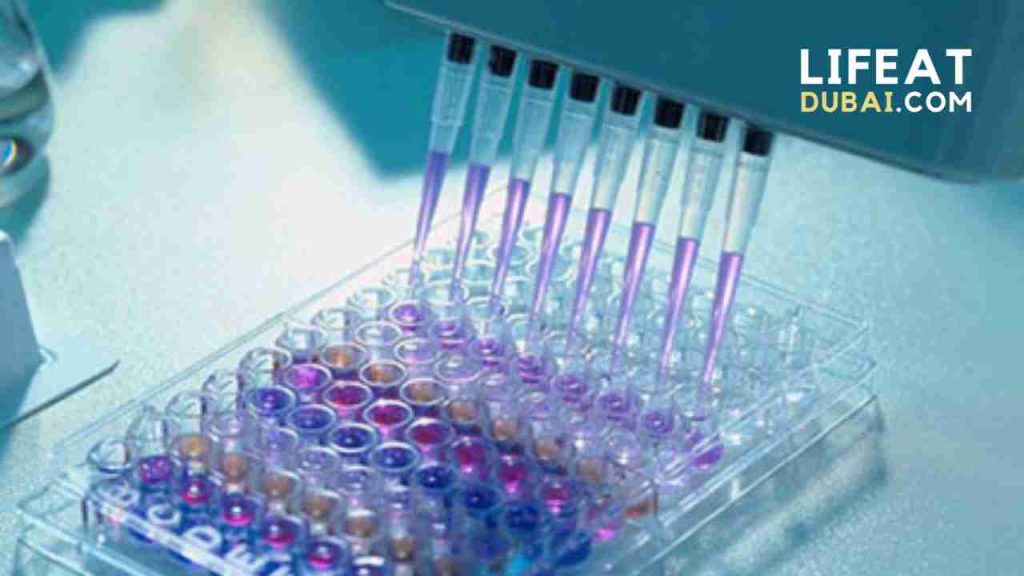Choosing the Right ELISA Kit for Your Research: Factors to Consider

An enzyme-linked immunosorbent assay, commonly called ELISA, is a test for detecting and measuring antibodies in the blood of patients suffering from certain infectious diseases like HIV, Lyme disease, rotavirus, syphilis, and Rocky Mountain spotted fever. It is also a test widely used by researchers to develop drugs due to its capability of measuring antibodies, proteins, peptides, and other small molecules produced by the body in response to harmful antigens. However, lab technicians and researchers must choose the right kind of ELISA kits to ensure reliable and accurate results. With several kinds of ELISA kits available, some of the critical considerations in selecting an appropriate ELISA kit for the task at hand include:
Species specificity: Verify if the ELISA kit is suitable for the species of interest. Some kits are designed to work with human samples, while others are optimized for animal models or specific species. Confirm that the kit is validated for your desired species.
Sample type and compatibility: ELISA kits are available for different types of samples, like as serum, plasma, cell lysates, tissue homogenates, urine, and other biological fluids. Ensure the kit is compatible with your specific sample type. Some kits may require additional sample preparation steps, such as dilution or extraction, which you should consider.
Target molecule: Determine the specific target molecule you want to detect or quantify. ELISA kits are designed for various analytes, including cytokines, growth factors, hormones, infectious agents, and biomarkers. Ensure that the kit you choose detects your target of interest. If the requirement warrants, you can ask for Custom ELISA KIT Production by a reputed supplier.
Sensitivity and detection range: Consider the sensitivity requirements of your experiment. Sensitivity refers to the lowest detectable concentration of the target molecule. If you are working with low-abundance analytes, choose a high-sensitivity kit. Additionally, check the kit’s dynamic range, which indicates the concentration range over which you can achieve accurate quantification.
Validation and quality: Check whether the ELISA kit has been validated and quality tested. Look for information regarding the kit’s performance characteristics, such as accuracy, precision, and reproducibility. Kits from reputable manufacturers often provide detailed validation data and references to publications where the kit has been used.
Assay format: ELISA kits are available in different formats, including sandwich, competitive, direct, and indirect. Choose the appropriate format based on your experimental requirements and the target molecule.
Workflow and ease of use: Consider the kit’s ease of use and convenience. Look for kits with clear instructions, user-friendly protocols, and minimal steps involved. Some kits may include pre-coated plates or ready-to-use reagents, simplifying the workflow and saving time.
Cost considerations: Evaluate the cost per test and the number of tests in each kit. Compare prices from different suppliers while considering the kit’s quality and performance. Remember the cheapest option may not always be the most reliable or suitable for your research needs.
Conclusion
You should read reviews and seek recommendations from colleagues or experts who have used the ELISA kit. Their experiences and feedback can provide valuable insights into the kit’s performance and suitability for your research. You can select an appropriate ELISA kit that meets your research goals, ensures reliable results, and enhances the efficiency of your experiments by carefully considering these factors.

